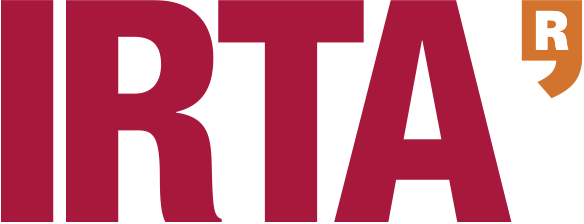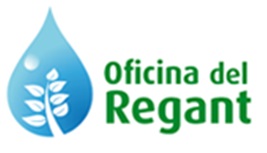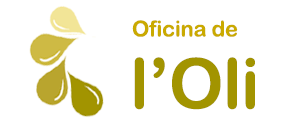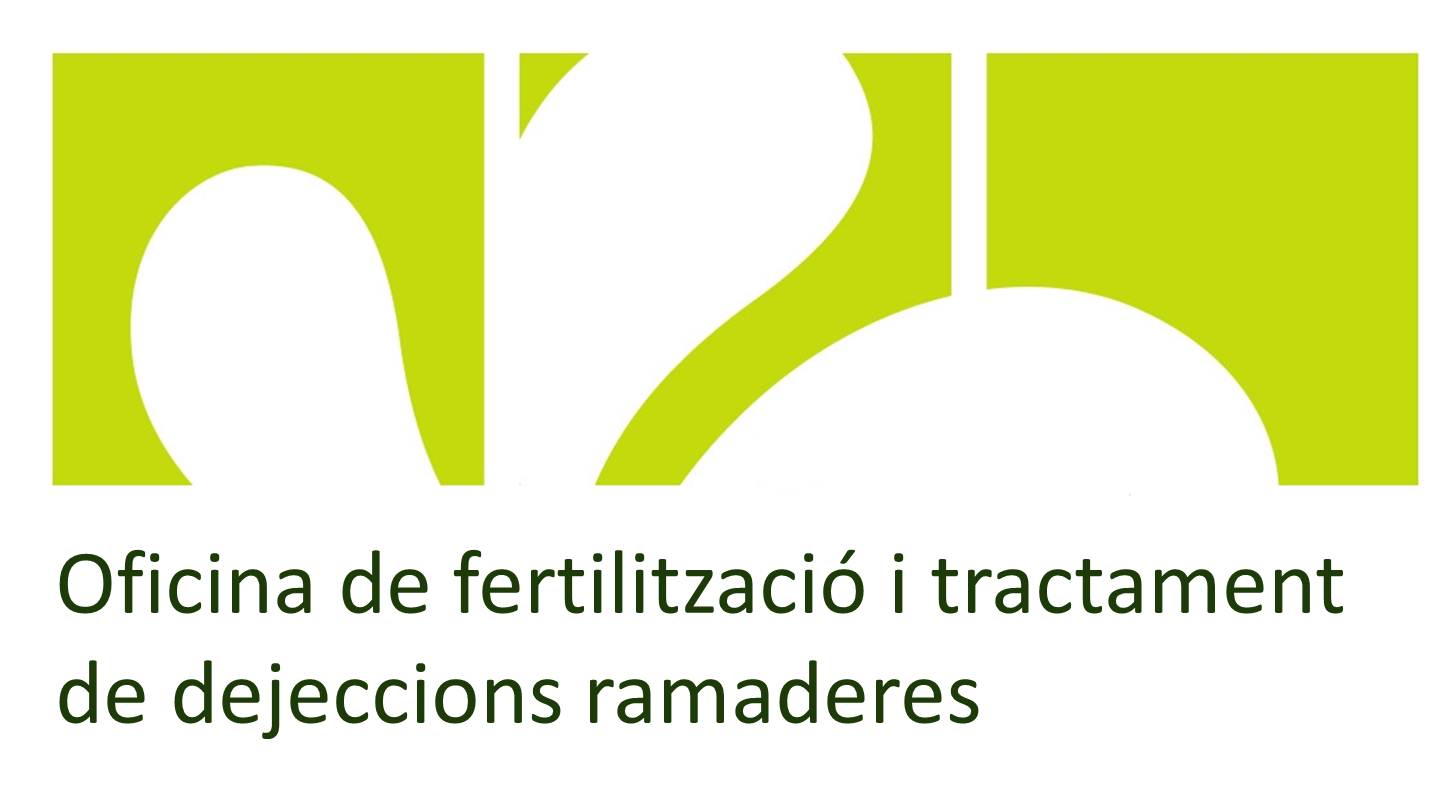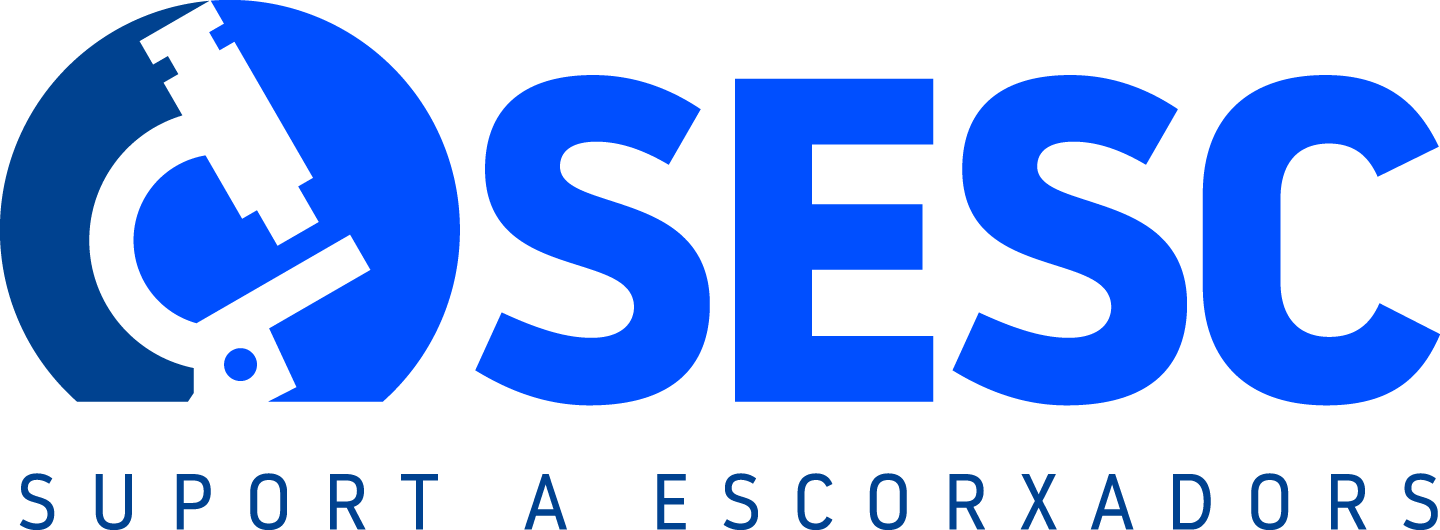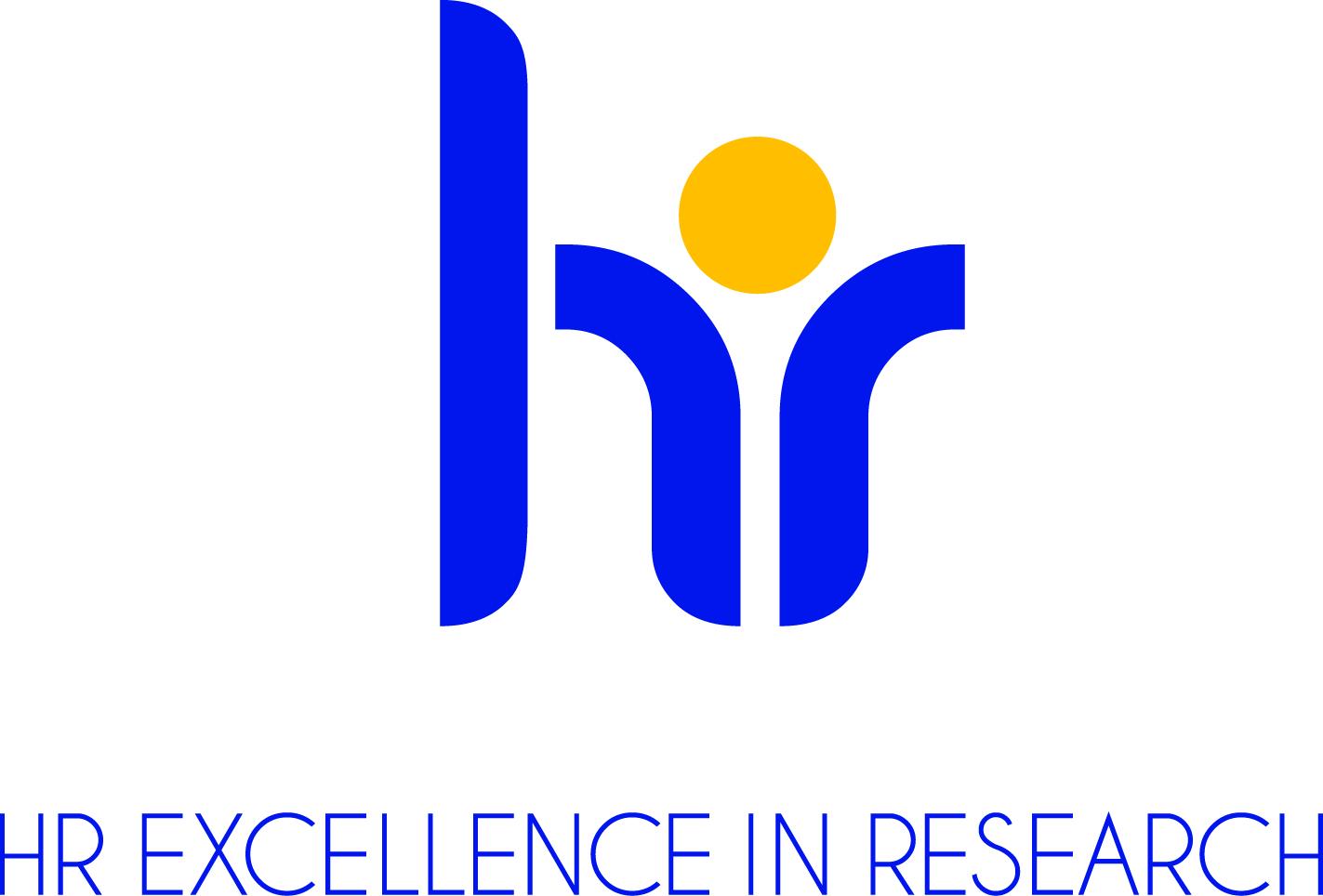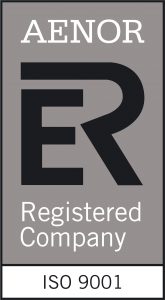The IRTA International Course on Meat Products Technology is a consolidated course in the sector, focused on the modernization and industrialization of the meat industry.
The course offers an exhaustive review of all aspects related to the technology and quality of meat and meat products: obtaining the raw material, processing, packaging, processing technologies and industrial trends.
On this web page you can register for the courses by clicking on the "I want to register" section.
Dates: From 11/07/22 to 11/25/22
• Module 1: Technology and quality of meat and fresh meat derivatives. From 07/11/22 to 11/11/22
• Module 2: Technology of raw-cured and salted sausages. From 11/14/22 to 11/18/22
• Module 3: Technology of cooked meat products. From 11/21/22 to 11/25/22
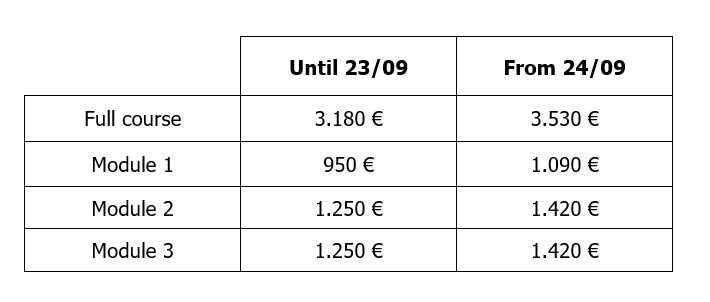
Prices without VAT
Partially subsidized course by the FUNDAE.
The prices include lunches on school days and daily transport from Girona to the IRTA of Monells for those who previously request it.
Way to pay:
Payments will be made by bank transfer to the current account that will be provided at the time of registration confirmation.
Cancellation:
For registration cancellations after 10/07/2022, a cancellation fee of 50% of the registration value will be charged. The organization reserves the right to cancel the course at any time prior to 11/07/2022. In case of cancellation of the course, the organization will return the registration fee.






Leave us your Email address so we can let you know when the registration process starts.


Module 3 Director
Degree in Food Technology and Management. Since 2010, it has been part of the Food Quality and Technology Program of the IRTA (Institute for Agricultural Research and Technology). Its functions are framed in research projects, contracts, training and technical advice to companies in matters related to the improvement and development of products from alternative protein sources, in process technologies (specialized in extrusion and dry fractionation) and in the development of meat products (fresh, cooked and cured). In the field of teaching, he has participated in courses and technical conferences for the transfer of knowledge to companies in the food industry. He is part of the IRTA panel of tasters trained for the evaluation and/or sensory characterization of food products. He has carried out coordination tasks of the IRTA pilot plants (equipment, quality (RSIPAC/RGSEAA...) as well as the coordination tasks of the International Course in Meat Technology, the Course in Meat Analogue Technology and the International Course in Dry Cured Meat Products.
Maria Dolors Guàrdia is an Agricultural Engineer from the University of Lleida (1996) and holds a PhD in Agricultural Engineering from the same university (2003). She has worked at IRTA since 1996 as a researcher in the Food Technology program in which she performs, among other things, surveillance functions in food legislation. His professional activity is developed mainly through research projects and contracts with private companies at national and international level in the field of technology and food processing, both in the application of classic or conventional technologies and processes and in the application of those considered new or emerging (high pressure, radio frequency,…). He has spent much of his time designing and conducting studies with trained / expert and consumer sensory analysis panels. He has participated in the international course since its first edition.
Dr. Jacint Arnau, BSc in Chemistry (UAB, 1981), PhD (UAB, 1991). Responsible for the Food Engineering and Technology Unit (1985-2009), head of the Food Technology programme (2009-2015) of IRTA and member of the Expert Committee for the Strategic Reflection of IRTA (since 2015). With more than 30 years of work in Meat Technology, especially in dry-cured meat products, he has wide experience in collaboration with national and international industries and research centres. Author or co-author of 9 patents and more than 200 publications, of which 113 are in scientific journals.
Director del mòdul 2
Filiberto Sánchez has a degree in Food Science and Technology from the University of the Basque Country, an MSc in Food Quality Assurance from the University of Reading and a PhD from the University of Girona. He has worked 4 years in a private company in the field of the meat industry and since 2003 he has worked at IRTA, carrying out research, training and technological assistance to companies in the area of meat processing technology, especially cured ham and sausages. He has been responsible for numerous contracts with companies and participated in national and international research projects. Responsible for the International Course in Technology of Meat Products since 2007 and the International Course in Dry Cured Meat Products since 2013, as well as coordinator of courses to companies in Spain, Europe and Latin America.
Anna Claret Coma, is an agricultural technical engineer (2004), a master's degree in food biotechnology (2008) and a doctorate in food technology (2015) from the University of Girona. She has been working at irta since 2004 as a researcher for the food technology program. He is a specialist in sensory analysis, in the design and execution of both tests with trained / expert panels and consumer studies. It also acts as a facilitator of creativity aimed at innovation in the development of new products. His professional activity is basically focused on the development of research projects and contracts with companies at a national and international level. She is co-author of 22 scientific articles and professor of the international course on meat products since 2006.
Maria Font i Furnols is an Agronomist (1994), graduated in food science and technology (1997) and in psychology (2011). He obtained his doctorate in 2000 at the Department of Statistics and Operations Research of the Polytechnic University of Catalonia. She has worked as a researcher at IRTA since 2000 on carcass and meat quality issues and on the use of computed tomography for the evaluation of live animals and their carcasses. He has participated in several national and international projects. It has more than 70 scientific publications and more than 50 popular ones, as well as various book chapters.
Elena Fulladosa Tomàs, graduated in Biology (1999) and PhD in Biotechnology from the University of Girona (2004). Researcher in the Food Technology Program of the Institute of Agricultural Research and Technology (IRTA) since 2007. The last years she has been working on the implementation of new technologies in the food industry for the optimization of the processes of development and characterization nutritional dels aliments. He has worked in various technologies such as computed tomography, basic equipment in RX, NIR spectrometry and microons and high hydrostatic pressures in meat products, pernil curat and other food.
During his research career he has participated in various European projects (Q-meat, Truefood, Q-porkchains, FoodSME-hop, Procured, Faim-cost) and competitive national ones (leading the Soltexham and Classham projects) as well as in contracts with companies in the sector agri-food. Highlight its participation in the development of an industrial computed tomography equipment that is currently being tested in the cured ham industry. He has published 43 scientific articles, 13 book chapters, has participated in more than 50 contributions in international conferences and has directed 2 doctoral theses. He has a patent related to the optimization of the cured ham production process using non-destructive technologies. Currently she is also an associate professor at the University of Girona where she teaches the subject "Culinary Technology and New Technologies" in the Degree in Food Safety and Innovation.
Degree in Pharmacy and PhD from the Department of Nutrition and Bromatology of the University of Barcelona (2000). Currently responsible for the IRTA Food Security Program in Monells, Girona. His research activity focuses on the study and modeling of the behavior of microorganisms in food and the assessment of microbiological risks, as well as the study of the effect of classical and emerging technologies (eg high pressures, bioconservation, active packaging) to food preservation and shelf life, through predictive microbiology and laboratory tests ("challenge test"). She is the co-author of 70 scientific publications, as well as technical articles and book chapters. He has participated in numerous conferences and competitive research projects, national and international, as well as in contractual research projects with companies in the sector. She regularly contributes as an organizer, speaker or teacher in transfer conferences, seminars, undergraduate and postgraduate university courses, as well as specialized technical training. She is a member of the editorial board of the International Journal of Food Microbiology and Secretary of the Executive Board of the International Committee of Food Microbiology and Hygiene (ICFMH).
Anna Jofré has a degree in Biology (1998) and a doctorate from the University of Girona (2003). In 2003 she joined IRTA-Monells as an instigator of the current Food Security program. His work has focused mainly on improving food safety and extending the shelf life of products, mainly known and standard cured raw meats and reducing in salt, through the application of barrier technology (eg post -loyalty, etc. through the use of classical techniques, molecular biology, predictive microbiology and systematic reviews In these areas, I have participated in numerous national and European projects and contracts with companies in the sector and the European Food Safety Authority (EFSA She is the co - author of more than 60 scientific and technical publications and 80 papers at national and international conferences, and regularly teaches technical courses and seminars.
Industrial technical engineer specializing in Chemistry from the Polytechnic University School of Girona (1981) and Agricultural Technical Engineer from the Polytechnic University School of Girona (1985). Senior researcher of the Product Quality program. Her main lines of research are the classification of pig carcasses (she is the National Expert on these issues and advisor to the MAPAMA since 2000) and the quality of the meat, as well as aspects related to slaughterhouses and 'dismemberment.
Course coordinator
Brigitte Martinez is an Agricultural Technical Engineer (2001) from the University of Vic and the Polytechnic University of Catalonia, with a degree in Food Science and Technology from the University of Girona (2005) and an Official Master’s in Human Nutrition and Food Quality organized by the University of the Balearic Islands (2010). She specializes in the application and improvement of discontinuous thermal treatments on different food matrices, enhancing their shelf life and sensory quality. Additionally, she has worked on the application of new preservation technologies (microwaves, high pressure, and radio frequencies) to extend shelf life while improving organoleptic quality, thus obtaining new products and/or processes adapted to consumer demands. She has extensive experience in contractual research activities with companies in the food sector and in dissemination activities in the field of food technology. She is currently coordinating the International Course in Dry Cured Meat Products, “Curso internacional en tecnología de productos cárnicos” and being on the Local Organizing Committee of ICoMST 2025 (International Congress of Meat Science and Technology).
Elsa Lloret has a degree in Food Science and Technology (2001) from the Autonomous University of Barcelona (UAB) and a Master's (MSc) in “Polymers and Biopolymers” from the Universitat Politècnica de Catalunya (2013). She has worked for 6 years in a private company (Fermentation and Sensory Analysis Engineer in the Danone R&D Department) and since 2006 in the IRTA Food Technology Program. Its activities are part of contracts, training and technical advice to companies in the area of food packaging. Specializing in plastic materials for food and their applications in new packaging and preservation technologies to extend their shelf life, improve their sustainability, obtain new products or new processes adapted to market needs.
Núria Panella Riera has a degree in Chemical Sciences (2001), a degree in Food Science and Technology (2003) and a PhD from the University of Girona in Meat Quality (2011). He has been working at IRTA since 2003 in the Product Quality program on meat quality issues from a technological, sensory, nutritional and social or ethical quality point of view. He has worked on projects where the relationship between meat quality and genetics, ante-mortem and post-mortem conditions, nutrition and animal sex is assessed. It has also conducted studies on the acceptability, attitudes and preferences of consumers and representatives of the different links in the meat sector, in relation to the quality of pork (including sexual smell), beef, rabbit, etc. He is also currently working on studies to identify bioactive compounds in different matrices and study their potential application as ingredients in the animal and human diet. He has carried out training sessions in meat quality for various companies, for master's degree students and for students of the Empordà Agricultural Training School.
Dr. Pere Gou holds a degree in Agricultural Engineering from the Polytechnic University of Valencia (1988) and a PhD in Agricultural Engineering from the same university (1993). Since 2015 he has been the head of IRTA's Food Technology Program. Since joining IRTA in 1991, he has participated in more than 25 national and 10 European projects. He has been a member of the scientific committee of three international conferences. He has published more than 150 publications (more than 90 in indexed scientific journals) and has licensed 4 patents. He has been an associate professor at the University of Girona for 16 years (1998-2014) and has directed 8 doctoral theses. During this time, he has worked mainly in meat technology, but also in applications to other foods. The lines of research have focused on the study of the modifications that both the ingredients and the technologies of transformation or conservation (both traditional and new) cause in the characteristics of foods (from technological properties to sensory properties). , as well as the development of non-destructive methods for monitoring product characteristics and processes. His main lines of research today are modeling the effects of ingredients and technologies on food processing and preservation and developing methods for at-line, on-line and in-line quality analysis. of product and process supervision.
Josep Comaposada holds a degree in agricultural engineering (1994) and a doctorate in industrial engineering (1999) from the Universitat Politècnica de Catalunya. He is a researcher and has been the director of IRTA’s subprogramme for new process technologies in the food industry (2009-2017). Since 2009 his main research topics have been related to the study of new process and control technologies. He has led the development of the IRTAsim application for drying simulation. He has participated in different European projects, holds 5 patents and is the co-author of 54 scientific publications. Since 2004 he has been a professor at the University of Girona and has supervised two thesis students.
Director Module 1: Technology and quality of fresh meat and meat products
Joel González is technical support to the Program of Qualitat de Producte de l'IRTA des de fa més de deu anys. The main activities are related to the study of technological, sensory, nutritional and social quality of meat based on genetics, ante-mortem and post-mortem conditions, nutrition and sex of animals. He has carried out training sessions in the qualitat of card for various companies and for students of l'Escola de Capacitació Agrària de l'Empordà.
Albert Brun i Pujol, is an Agricultural Technical Engineer (2010) and a Master in Food Biotechnology (2011) from the University of Girona. He has been a support technician in the IRTA Product Quality Program for 8 years. He works on carcass and meat quality issues and carcass classification. He has participated in the calibration of equipment for the classification of porcine carcasses, as well as in the use of computed tomography and image analysis for the body evaluation of live animals and carcasses.
Licentiate in Biochemistry, Master in Biotechnology and Doctor in Biochemistry from the Autonomous University of Barcelona (2001). He is currently a researcher for the Food Technology Program of l'IRTA a Monells, Girona. The seva research activity focuses mainly on the technological quality of meat (fresh pork) and meat products crus-curats and cuits (reduction of greix and salt content), així also on thawing and cooking per high freqüències ( microones and radiofreqüències) and the process for altes pressions d'aliments. He has participated in European and national projects and contractual research with companies in the sector. He is co-author of 29 scientific publications plus technical articles in popularization journals and book chapters. He has participated in many contributions to national and international congresses, and as a professor in various courses and national and international technical conferences for the transfer of connection to the food industry.
Cristina Zomeño Segado is a Beatriu de Pinós post-doctoral researcher (program co-financed by the Government of Catalonia and the European Union, H2020 COFUND ID project No 801370) and is part of the research team of the IRTA-Monells Food Quality and Technology program (Girona ). She has a degree in Veterinary Medicine from the Cardenal Herrera CEU University (2006), a master's degree in Animal Production (2007) and a PhD in Science and Technology of Animal Production from the Polytechnic University of Valencia (2013). He is a specialist in the impact of nutritional, genetic and management factors on the final quality of the product and in the evaluation of the quality of the carcass and meat of different animal species (poultry, pork, rabbits, beef) using technologies of Non-destructive and non-invasive inspection. He has participated in 6 research projects (5 national and 1 European), and has been responsible for 2 lines of research and an innovation project. She is co-author of 22 scientific-technical articles and has presented 31 communications at international and national conferences.
Belén Martín has a degree in Pharmacy (1997) and in Food Science and Technology (2000) and a PhD in Biotechnology (2005). He has focused his research on the study of pathogenic microorganisms of food origin and on the microbial communities of technological interest in meat products. It is specialized in the development and application of molecular methods for the identification, characterization and classification of microorganisms with the ultimate goal of improving food safety and quality. She is the author of more than 20 publications in SCI journals and has participated in multiple national and European projects.
Diploma in the EUPB in Technical Architecture. Since 1997 he has been part of the technical-commercial team of Supplier Hispano Holandesa SAU (Phh). Its functions include developing and/or improving products and processes in the food industry, especially the meat industry. Product manager in ingredients and specialist in technology and products for smoking, with direct training with manufacturers of aromas and smoke aromas worldwide. Technical-commercial in packaging and actively participates in the R&D of products focused on sustainability and the circular economy.
With a degree in pharmacy from the UB, she works as a consultant, auditor and trainer in food quality and safety. His professional activity focuses on conducting audits based on IFS and BRC certification standards. He teaches courses on the aforementioned rules, appcc system and prerequisites, auditor training, labeling training, aimed at food companies and the administration.
He is a member of the board of AVHIC (Association of Veterinarians and Hygienists of Catalonia).
He has contributed to the preparation of several industry guides: ACSA 2021 Basic Food Handling Handbook Manual for the person responsible for self-control in the preparation and service of meals ACSA 2021 Self-control in Municipal Markets”, Diputació de Barcelona, 2004.
Her research focuses on measuring consumer eating behavior from a multidisciplinary perspective, standardizing sensory analysis on different foods, as well as methodological sensory aspects, statistical analysis, and experimental design. He is also a professor of sensory analysis and statistics applied to different national master's degrees, a member of the "Asociación Española de Normalización" (AENOR), a founding member of the "Asociación Española de Profesionales del Análisis Sensorial" and responsible for the working group of sensometry of the “International Olive Council”.
Her research focuses on measuring consumer eating behavior from a multidisciplinary perspective, standardizing sensory analysis on different foods, as well as methodological sensory aspects, statistical analysis, and experimental design. He is also a professor of sensory analysis and statistics applied to different national master's degrees, a member of the "Asociación Española de Normalización" (AENOR), a founding member of the "Asociación Española de Profesionales del Análisis Sensorial" and responsible for the working group of sensometry of the “International Olive Council”.
Emma Fàbrega i Romans has a degree in veterinary medicine (1995) and a doctorate in animal production (2002) from the Autonomous University of Barcelona. She also completed a Masters in Applied Animal Behavior and Animal Welfare (1998) from the University of Edinburgh and holds a Diploma from the European College of Animal Welfare and Behavioral Medicine in the subspecialty in Animal Welfare Science, Ethics and Law. Since 2003 he has been working at IRTA, in the Animal Welfare program, researching systems for assessing animal welfare on the farm, especially in pigs, and improvement strategies. He has coordinated national projects on alternatives to painful practices such as castration or pig squashing, and on European projects on the application of precision technologies to improve well-being or the development of new indicators to assess well-being. He has published more than 40 articles in indexed journals, and has also participated in book chapters and publications in popular journals. He has participated as a speaker since 2003 in training days for farmers, veterinarians, or other agents in the sector, both nationally and internationally, as well as in more than 40 presentations at conferences. He has organized and participated in numerous technology transfer days for the sector.
Jordi Bernardo Figueras is licensed in Chemical Sciences by the Autonomous University of Barcelona (1975). He has extended his studies to attend courses in food microbiology at the Institut Pasteur de Lille.
Total professional activitat has developed in Casademont accumulating more than 45 years of experience in the field of technology càrnia. He has occupied different levels of responsibility from the technical department to the production department and also a stage with the responsibility of the commercial and marketing area. Currently segueix col·laborant amb Casademont, a company that is currently integrated into Costa Food Group.
Antonio Villarreal Lozano, Engineer in Food Industries, graduated from the Monterrey Institute of Technology and Higher Education, has worked in the meat industry for more than 16 years in companies related to the processing of poultry, pork, beef, sausages and cooked sausages. in various positions in areas of Quality and Innovation and Development. In 2012, he joined Budenheim Mexico as Technical Support Manager for Central and South America for the phosphates areas in Cold Cuts, Bakery and Dairy, where he collaborated with his experience both at the technical headquarters in Monterrey, Mexico, and on site directly in customer plants. Later in 2015 he took the position of Business Development Manager for the same region. Since 2019, Antonio leads the Innovation and Application Development team of the company La Campana 1800, which was recently acquired by Budenheim. La Campana is also the Budenheim headquarters for product development and technical support of the group on a global level.
Sandra Cervilla, Bachelor of Biotechnology, with an MSc in International Business and a course in International Food Law & Regulatory. After working in the world of laboratory equipment distribution for 5 years, since 2018 he has been dedicated to technical sales and advice to the meat industry using ingredients as a tool. First as head of technical services in a manufacturer of preservatives, hydrocolloids and encapsulates (Vedeqsa) and now in Essentia Protein Solutions, manufacturer of animal proteins, as Product Manager. Participate in the improvement of meat products of national and international companies together with the applications team. In addition, it leads projects related to blood-derived proteins at the level of new developments and product improvement (R&D) or process. His day-to-day work also includes training, promotion and technical support tasks for the sales team and manufacturers in the meat industry (EU, Latam and Asia).
He has a degree in Biology from the University of Girona, where he also studied Agricultural Technical Engineering Studies with a specialization in Agri-Food Industries. He was a research fellow at IRTA under the tutelage of Dr. Jacint Arnau.
He has an MBA from the same university in Business Administration and Management, as well as different specialization courses in business management from ESADE.
He has developed his professional experience in the field of ham and sausages in different companies, holding positions in technical management, industrial management and business management. He also has experience in the field of strategic business consulting.
Currently, it is part of Reserva Batallé, of the Batallé Group, present throughout the pork value chain.
Degree in Veterinary Medicine from the Autonomous University of Barcelona (1992). Doctorate from the University of Girona (2000) carrying out the entire period of research and training at the IRTA of Monells, being the author of several scientific publications. Since 2007 he has been part of the Technical Department of ACTIVA FOOD-TECH, S.A. performing tasks of technical advice, training, product development and R&D in the world of food additives and mainly within the meat sector. Lately he also performs tasks of coordination, design, installation and commissioning of equipment within the Technical-Commercial Department of machinery of the Company, which represents leading companies in the meat sector such as SCHRÖDER, SCHRÖTER and INOX MECCANICA.
Carles Blancafort will be working for 21 years at Indústries Càrnies Blancafort, first in different sections of the company, after commencement of production and finally with factory manager. Since 2012 he has exercised the seva activitat in companies of the sector of the food additius. He is currently in charge of the market for Indukern, due to terms of design and execution in pilot plant, sale of representative products and head of technical equipment.
Dr. Pere Duran has a degree in Chemistry (2000) and Biochemistry (2002) and a doctorate in Nutrition and Metabolism from the Rovira i Virgili University (2007). After working for 7 years at IRTA developing R&D projects related to the field of food industries, since 2014 he has been working at Sealed Air as an Application Engineer. Sealed Air is a world leader in the field of packaging of fresh foods such as meat, supplying equipment and materials for packaging
Josep Navarro Pérez is licensed in Chemical Sciences by the University of Barcelona. During 5 years he will work in a food company after which he will start a professional career of more than 30 years in companies of ingredients and additives with responsibilities of technical management. During these times he has developed many applications in the càrnia and lactia industry, especially in the area of stabilizers and emulgents and has been the author of two patents.

